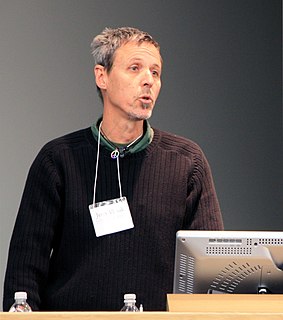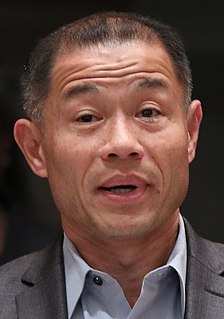A Quote by David Suzuki
Outright bans on plastic bags may not be the best solution, but education and incentives to get people to stop using them are necessary.
Related Quotes
We wield an enormous influence over the world through how we choose to vote and what we choose to buy. Again, it's the power of numbers. If voters hold their leaders responsible for doing something about global warming, it will get done. If most people refuse to buy products from companies that, for example, wrap products in more plastic than necessary, pretty soon the plastic wrapping will stop.
An early attempt at education choice was charter schools. These were meant to attract the best and brightest students and provide them a level of education they often could not find in their local school districts. The problem is that, of the thousands of charter schools, many are outright failures.





































